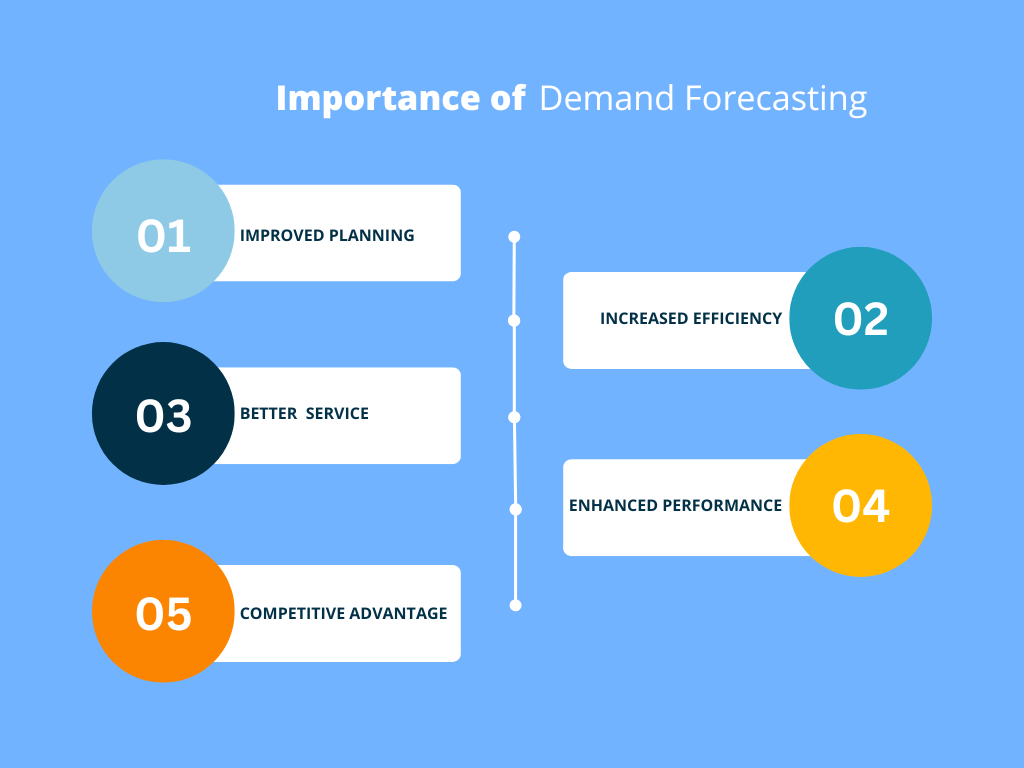Navigating Success: The Art of Inventory Forecasting
Inventory forecasting plays a crucial role in the success of any business operation. It involves predicting future demand for products based on historical data and market trends. By accurately forecasting inventory needs, businesses can optimize their supply chain, reduce costs, and maximize profits. In this article, we will delve into the art of inventory forecasting and explore its importance in business operations.
One of the key benefits of inventory forecasting is that it helps businesses avoid stockouts and overstock situations. Stockouts occur when a business runs out of a product, leading to lost sales and dissatisfied customers. On the other hand, overstock situations result in excess inventory, tying up valuable capital and warehouse space. By accurately predicting demand, businesses can maintain optimal inventory levels and ensure that they have the right products in stock when customers need them.
Furthermore, inventory forecasting enables businesses to plan production schedules and manage their resources more efficiently. By knowing when and how much of a product will be needed, businesses can schedule production runs accordingly, reducing lead times and minimizing production costs. This not only improves operational efficiency but also helps businesses meet customer demand in a timely manner.
In addition to optimizing supply chain management, inventory forecasting can also drive strategic decision-making. By analyzing sales data and market trends, businesses can identify opportunities for growth and expansion. For example, if a certain product is experiencing high demand, a business can allocate more resources towards its production and marketing. Conversely, if a product is underperforming, businesses can adjust their strategies to minimize losses and focus on more profitable ventures.

Image Source: cashflowinventory.com
Another important aspect of inventory forecasting is its impact on financial management. By accurately predicting inventory needs, businesses can reduce carrying costs and improve cash flow. Carrying costs include expenses such as storage, insurance, and obsolescence, which can eat into profits if inventory levels are not properly managed. By forecasting demand accurately, businesses can minimize these costs and allocate resources more effectively.
Moreover, inventory forecasting can help businesses stay competitive in a fast-paced market. In today’s business environment, where customer preferences and market trends are constantly changing, businesses need to be agile and responsive to stay ahead of the competition. By accurately predicting demand and adjusting their strategies accordingly, businesses can adapt to market fluctuations and maintain a competitive edge.
Overall, inventory forecasting is an essential tool for businesses looking to optimize their operations and maximize profitability. By predicting future demand, businesses can avoid stockouts and overstock situations, plan production schedules more efficiently, drive strategic decision-making, improve financial management, and stay competitive in the market. As a result, mastering the art of inventory forecasting can pave the way for long-term success and growth in the business world.
Unlocking Business Potential Through Smart Forecasting
In the fast-paced world of business, staying ahead of the curve is essential to success. One key aspect of running a successful operation is inventory forecasting. This process involves predicting future demand for products and services, allowing businesses to better plan their resources and optimize their operations. By accurately forecasting inventory needs, companies can avoid stockouts, reduce excess inventory, and ultimately improve their bottom line.
Inventory forecasting is a crucial component of business operations, as it directly impacts a company’s ability to meet customer demand and maximize profitability. By leveraging data analytics and innovative technologies, businesses can gain valuable insights into consumer behavior and market trends. This information can then be used to make informed decisions about inventory levels, pricing strategies, and marketing campaigns.
One of the main benefits of smart inventory forecasting is the ability to optimize supply chain management. By accurately predicting demand, businesses can ensure that they have the right amount of inventory on hand at all times. This prevents stockouts and backorders, which can lead to lost sales and dissatisfied customers. Additionally, by reducing excess inventory, companies can free up valuable warehouse space and reduce carrying costs.
Another advantage of smart forecasting is the ability to improve cash flow and working capital management. By accurately predicting demand, businesses can avoid tying up capital in excess inventory. This allows companies to invest in other areas of their operations, such as marketing initiatives or new product development. By optimizing inventory levels, businesses can improve their overall financial health and increase their competitiveness in the market.
Furthermore, smart inventory forecasting can help businesses identify potential risks and opportunities in the market. By analyzing historical data and market trends, companies can anticipate changes in consumer behavior and adjust their strategies accordingly. This proactive approach allows businesses to stay ahead of the competition and adapt to changing market conditions.
In addition to improving operational efficiency, smart forecasting can also enhance customer satisfaction. By accurately predicting demand, businesses can ensure that they have the right products available when and where customers need them. This reduces lead times and improves order fulfillment rates, leading to happier customers and repeat business. By meeting customer expectations consistently, businesses can build brand loyalty and strengthen their reputation in the market.
Overall, inventory forecasting plays a crucial role in the success of a business. By leveraging data analytics and innovative technologies, companies can unlock their full potential and drive growth in a competitive market. By accurately predicting demand, optimizing supply chain management, and improving customer satisfaction, businesses can maximize profitability and achieve long-term success. In today’s rapidly evolving business landscape, smart forecasting is not just a luxury – it’s a necessity for survival and growth.
The Importance of Inventory Forecasting in Business